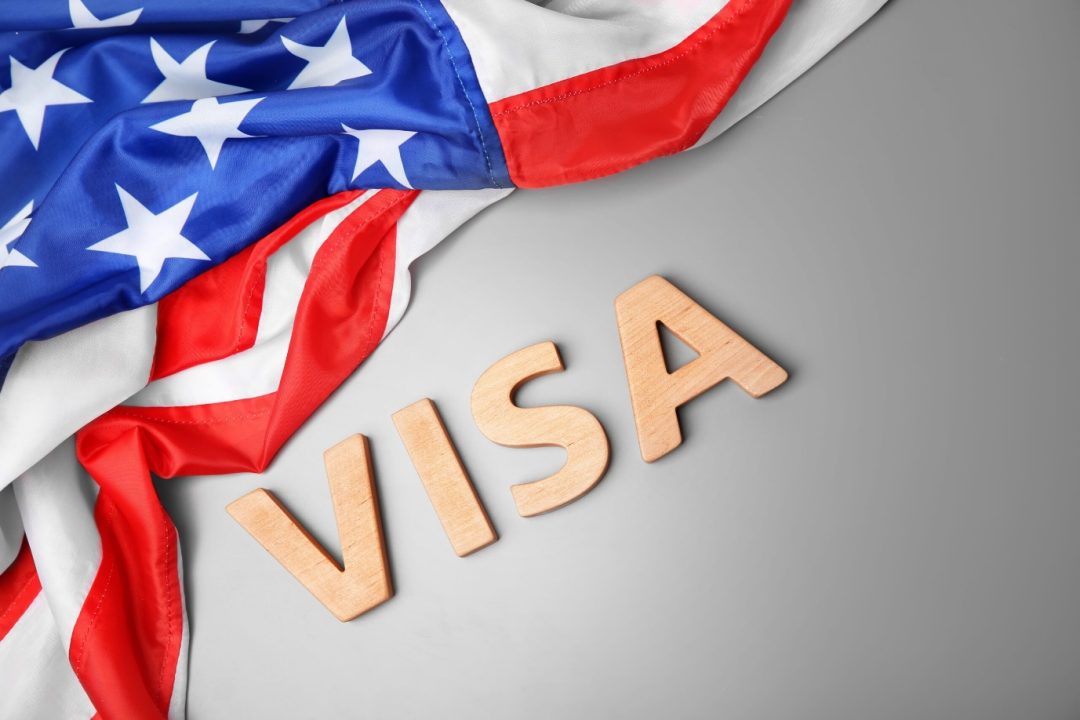(Singapore, 24th September 2024) The US Justice Department intends to accuse Visa of monopolizing the US debit card market. The antitrust division is preparing to file a lawsuit today, alleging anticompetitive behavior by the largest US payments network operator. The case is anticipated to be filed in federal court.
Antitrust enforcers are preparing to accuse Visa of taking steps to keep rivals from challenging its dominance in the debit card market.
The government’s allegations include that Visa made exclusive agreements to hinder the expansion of competing networks and thwarted efforts by technology companies to enter the market.

The Justice Department lawsuit would be the culmination of years-long probes of Visa’s business practices. The investigation was born out of the firm’s failed acquisition of the financial-technology infrastructure firm Plaid in 2021.
On 13th Jan, 2020, Visa announced that it planned on acquiring Plaid in a deal worth $5.3 billion US dollar — roughly double the start-up’s last private valuation. The company’s API software, often referred to as the “plumbing” behind fintech companies, lets start-ups connect to users’ bank accounts. The company says it integrates with more than 11,000 banks.
The deal hit a snag in 2020 after the DOJ pointed out Visa’s acquisition could eliminate a nascent competitive threat. The DOJ cited Visa CEO Al Kelly’s description of the deal as an “insurance policy” to neutralize a “threat to our important US debit business.” The department argued at the time there was potential for the deal to extend a Visa “monopoly” on debit transactions, adding that it “must be stopped.” The DOJ said in a statement on Jan 21, 2021 that termination of the merger was “a victory for American consumers and small businesses.”
Apart from the acquisition of Plaid, the Justice Department also examined Visa’s pricing structure in what’s known in the industry as “tokenisation” technology.
Tokenization technology is a security measure introduced by Visa in 2014. It involves replacing actual debit card numbers with tokens. These tokens are unique identifiers that are specific to a particular device or merchant. By using tokens, sensitive account information of users is masked or substituted with these digital tokens, enhancing security by reducing the risk of exposing personal data during transactions.
Payments network rival Mastercard settled a separate enforcement action last year targeting its tokenisation technology practices brought by the US Federal Trade Commission, which also enforces antitrust laws.





































